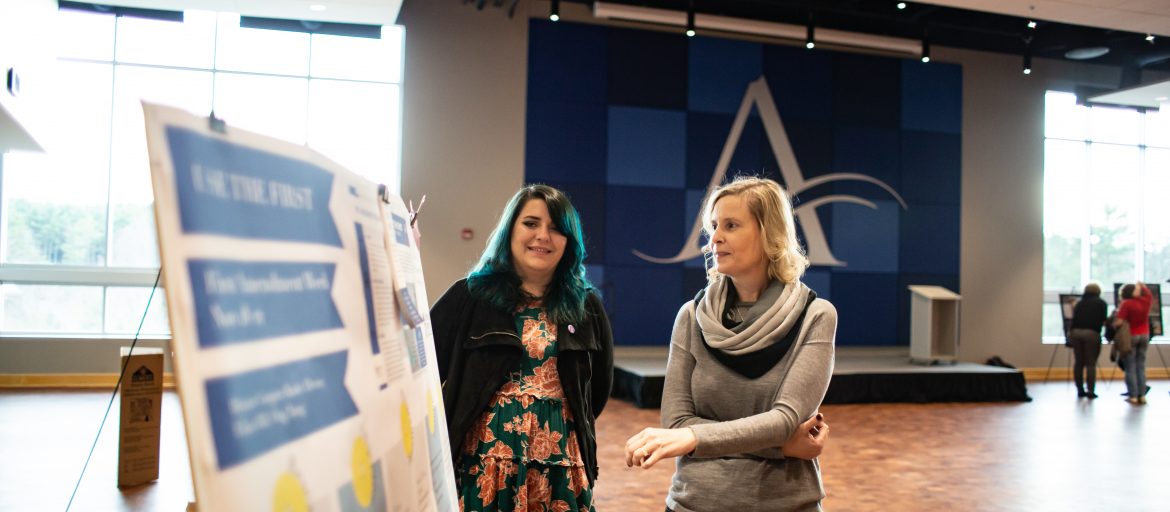Abstract
Between March 1942 and 1945 the War Relocation Authority (WRA) forced over one hundred and twenty thousand Japanese Americans into internment camps hastily constructed across the country. Small communities outside of the rural towns of McGehee and Denson, Arkansas located in the historically racially charged Delta housed two of these internment camps: WRA Internment Camps Jerome and Rohwer. At these two internment camps Japanese-Americans from the far West entered into Jim Crow era Arkansas and into a hotbed of established racial stratification. There is a distinct lack of academic research on these two particular internment camps, especially concerning the impact of racial stratification on the experience of the internees and their perceptions of the local populace. This research project intends to further investigate the racial tensions between whites, African-Americans, and Japanese-American internees by exploring the racially-charged modern history of the region, analyzing specific instances of violence and prejudice against the Japanese-Americans as case studies, and identify and explain the mentality of the internees. Primary source documents obtained during a research trip to the University of Arkansas at Fayetteville, including numerous newspaper editorials from local newspapers and the Rohwer camp newspaper, WRA commission documents, and internee interviews are utilized to illustrate the history of the region and the resultant tension.
How to Cite
Glenn-Bradley, A., (2013) “(It Cannot Be Helped): Racial Stratification in Jerome and Rohwer, Arkansas During World War II”, Capstone, The UNC Asheville Journal of Undergraduate Scholarship 26(1).
88
Views
131
Downloads
